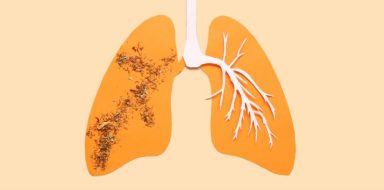
Photo Credit: marilook / istockphoto.com
3. Perimenopause Is Never as Uncomfortable as Menopause
Menopause gets a pretty bad reputation for discomfort, but the period leading up to menopause can bring even more suffering. The reason for the distress? Major fluctuations in the sex hormones, namely estrogen, progesterone, and testosterone, which send your body’s natural processes into chaos until menopause arrives (and these hormone levels falls permanently).
Some women find that sleep disruptions, mood swings, changes in libido, foggy thinking, and any number of other typical menopause symptoms hit hard well before menstruation ends. That can make life difficult through perimenopause, especially in you’re one of the unlucky ones who also experience heavier, more painful periods in these years.
Resources
Daily Rx (Menopause Myths and Misconceptions)Healthful Elements (Easing into Menopause)Women to Women (The Top Ten Menopause Myths)Medscape (Meta-analysis Suggests That Smoking is Associated with an Increased Risk of Early Natural Menopause)More (Menopause: Puberty All Over Again?)Do you know about the connection between menopause and cardiovascular disease? Read on to learn how these two coincide.







